Speaker
Description
Radioactive waste management for French cyclotron facilities is facing an issue regarding the assessment of pure-$\beta$ radionuclides emitters produced by activation from the secondary particles created during the production of medical radionuclides. An efficient methodology of activation assessment needs to be defined to improve the current situation, especially for dismantling activities.
The aim of the Sim$\beta$-AD study is to provide an activation assessment tool, easy-to-deploy and minimising the impact on the production, that couple innovative active neutrons detectors and a dedicated Monte-Carlo algorithm. Based on irradiation parameters, correlation factors $R_\frac{\beta}{\gamma}$ could be assessed by Monte Carlo calulations. Use of AlphaBeast compact neutron flux detectors enable a real-time validation of Monte-carlo simulations. CMOS technology has been selected to develop efficient and very compact detectors that can be easily used inside cyclotron vaults. Monte Carlo calculations can then be used in the radioactive waste management process to provide reliable radioactive characterization.
At the moment, several facilities will provide beam times for the experiment, including cyclotron for radionuclides production (CYRCé (Strasbourg), CYCERON (Caen)) and for protontherapy (CAL (Nice), CPO (Orsay)). Five Monte-Carlo codes will be used and benchmarked : FLUKA, MCNP6, PHITS, GEANT4/GATE and RayXpert.
This talk will present the current status of the study regarding the development of the AlphaBeast neutron flux detectors, benchmarking of codes on simple model and comparisons between experiment and calculations made for existing cyclotron facilities.
| Scientific Topic 5 | Induced radioactivity and decommissioning |
|---|

